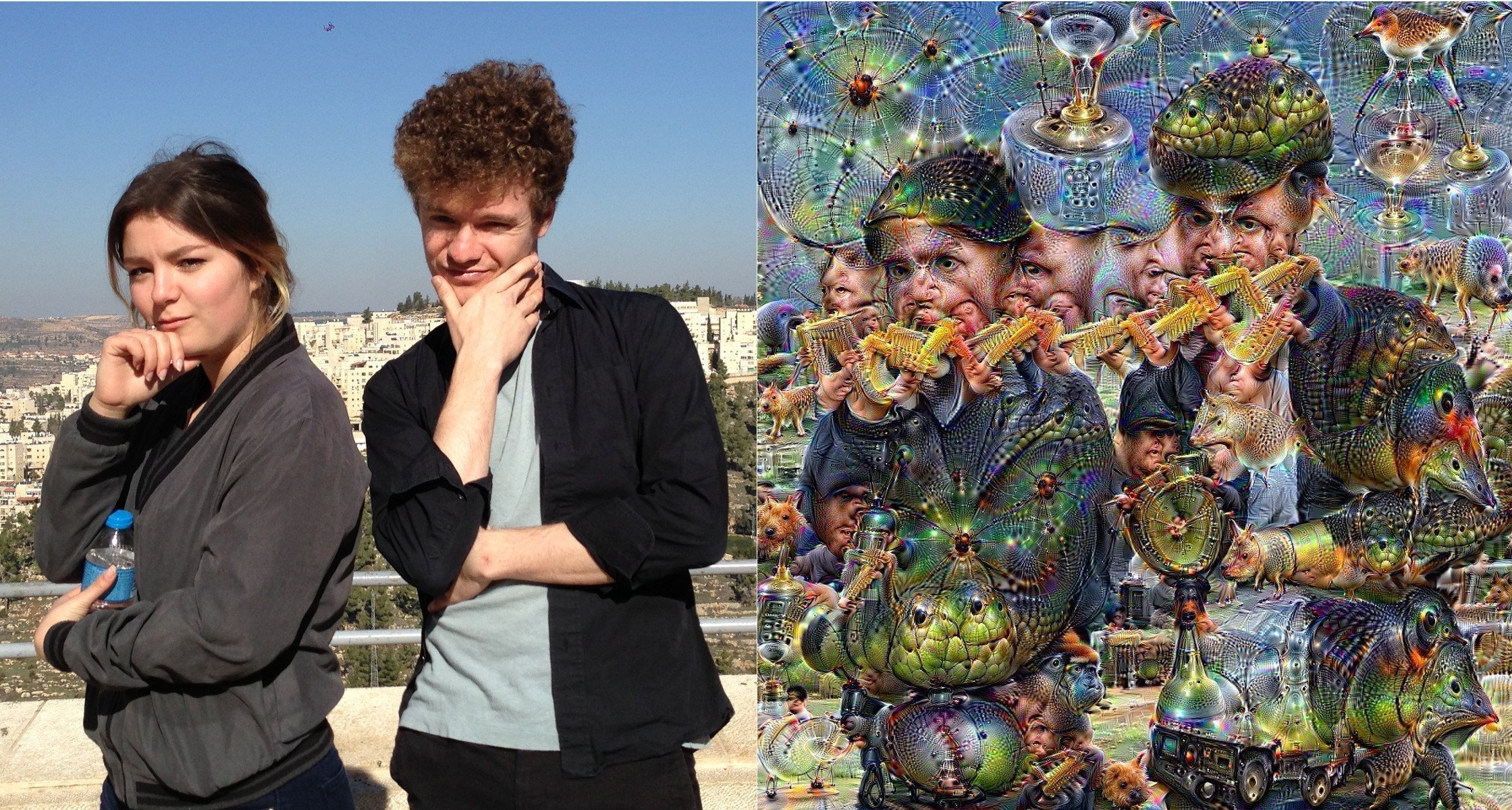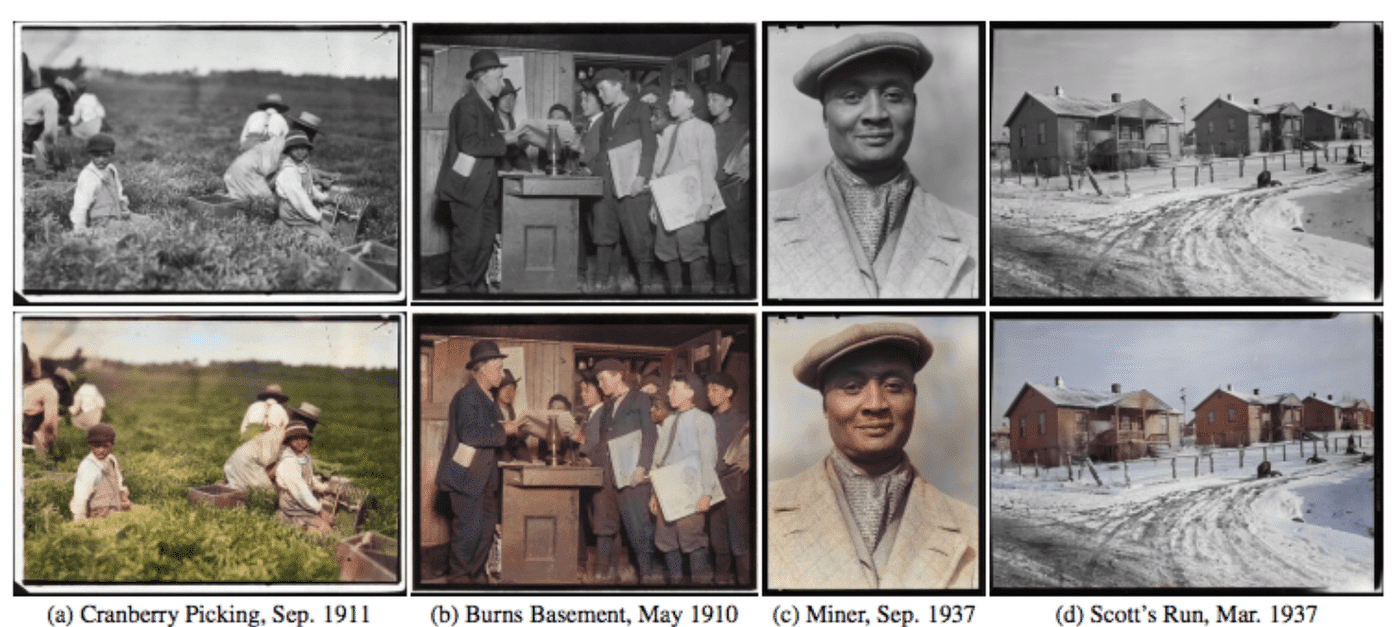
Artificial intelligence may be making the world smarter, safer, more functional and accessible. But can it make the world more beautiful? A number of researchers hope to do so by developing AI systems that can paint, write, and colorize photographs.
For years, Google’s neural networks have allowed the search engine to generate remarkably accurate results to queries. Similar neural networks allow Google, Twitter, and Facebook to identify the content in images – a pattern recognition task that may be easy for humans, but proves rather difficult for AI.
Last year, the tech giant let these neural nets loose on the trove of images across the web. But instead of identifying images, the neural nets were tasked with generating images. The results are bizarre works of art.

Google calls its art generator DeepDream and refers to its artwork as pieces of “Inceptionism”, in a nod to the blockbuster hit Inception. The images are probably an acquired taste, falling somewhere between surrealism and impressionism. Nonetheless, an auction in February 2016 saw some of these pieces rake in tens-of-thousands of dollars for charity, according to Wired.
Facebook has also applied neural networks to generate images. Facebook’s artistic results may be more conventional than DeepDream’s (and haven’t earned the same investment from a art collectors), but have proven to be a useful tool for the social media giant.
Facebook uses two algorithms; one creates images from random vectors, and another attempts to identify objects within the images. The realistic images pass the round, while the unrealistic ones are scrapped by researchers. In this way, Facebook’s neural nets can refine the realism of their generated images. With enough rounds of creation and analysis, the images will more often depict realistic objects.
More recently at Waseda University in Tokyo, researchers have created an automated way to colorize black-and-white images using a biologically-inspired approach called convolutional neural networks (CNN). CNN were created by scientists studying the visual cortex of cats. Researchers from Waseda University trained their AI to identify and label sections of images, before filling them with appropriate colors. This effort marks the first time an AI system has accurately colorized images without input from humans.

In the near term, AI will likely prove to be most beneficial through practical applications in finance, healthcare, and cybersecurity. But these efforts by Google, Facebook, and university researchers hint at a whole new AI frontier that has yet to be tapped.
Image: Creative Commons







